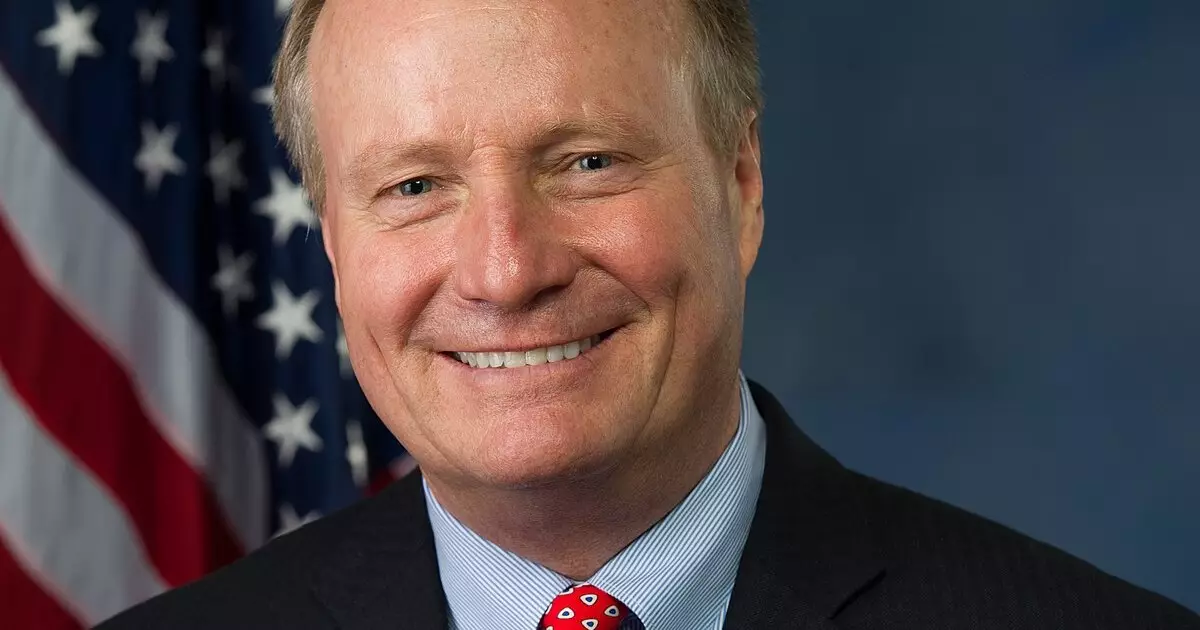A Critical Analysis of Washington D.C.’s Budget Appeals: Navigating Local Needs and Federal Oversight

In recent discussions surrounding Washington D.C.’s budget for the upcoming fiscal year, the city’s leadership is poised to request a substantial increase from Congress, citing pressing security concerns. As they navigate these financial waters, it is essential to examine not only the proposal itself but also the broader implications it holds for the District, particularly as it concerns the ongoing relationship with the federal government.
In a bold statement, Rep. Dave Joyce, representing Ohio, highlights the District’s budget request of $932 million, which emerges as an increase of $142 million from previous levels. This request emphasizes a specific allocation of $47 million earmarked for emergency preparedness, especially in light of the impending Presidential Inauguration. This funding is presented as a necessity to fortify the city’s readiness in the face of potential threats—a point underscored by Joyce’s participation in the House Task Force on the Attempted Assassination of Donald J. Trump. Such connections illustrate the delicate balance between local governance and national security considerations.
Furthermore, the context of this request becomes even more significant when one notes that it marks the first time in fifteen years that a D.C. mayor has testified before the House Appropriations Committee. Mayor Muriel Bowser emphasized the city’s robust financial health, asserting, “Our finances are strong.” This assertion comes on the back of consistently balanced budgets and a triple-A bond rating, which, while impressive, raises questions about the sustainability of funding amid changing economic conditions.
However, the city faces myriad challenges that complicate the prospect of receiving increased federal funding. Amidst a turmoil wrought by the COVID-19 pandemic, D.C. continues to grapple with the ripple effects of remote working arrangements, which have decimated daily commuter numbers. CFO Glen Lee’s observation that office utilization still hovers at 50% of pre-pandemic levels serves as a stark reminder of the new economic reality. This translates into fewer people patronizing local businesses, further straining the city’s economic fabric.
Moreover, the city’s reliance on federal funding and its financial relationship with Congress paints a precarious picture. Council Chairman Phil Mendelson pointed out the threats posed by federal indecision, including delayed appropriations and government shutdowns. Such turbulence not only complicates budget forecasts but also exacerbates D.C.’s borrowing costs—an enduring concern for local officials who strive to manage the city’s fiscal health without undue federal interference.
A significant aspect of the concerns raised during the hearing revolves around the contentious interplay between local governance and federal oversight. D.C.’s historical dependence on federal grants and reimbursements has often led to an external influence on local matters. Congress has a history of appending legislation to budget requests that reflect more contentious issues, including cannabis regulations and voting rights for non-citizens. This mingling of local and federal governance underscores a fundamental tension: Can D.C. effectively manage its affairs while being beholden to the whims of distant lawmakers?
Rep. Steny Hoyer’s assertion that “Washingtonians know how to govern themselves” resonates with a growing perspective that prioritizes local autonomy. More than budgetary discussions, this sentiment reflects an underlying desire within the District to be recognized as an independent city with distinct needs and challenges that cannot always be understood by those far removed from its day-to-day realities.
The forthcoming budget appeal by Washington D.C. encapsulates not just requests for funding but a deeper conversation about governance, oversight, and local autonomy. The juxtaposition of a strong financial record against the backdrop of external pressures from Congress sets the stage for a complex negotiation process. Ultimately, for D.C. to thrive, a clearer understanding and respect for its unique status must be established, advocating for a cooperative approach that acknowledges both its local needs and the federal oversight that impacts its development. As the city prepares for its future, this intricate dance between local governance and federal involvement will be critical to its success.





